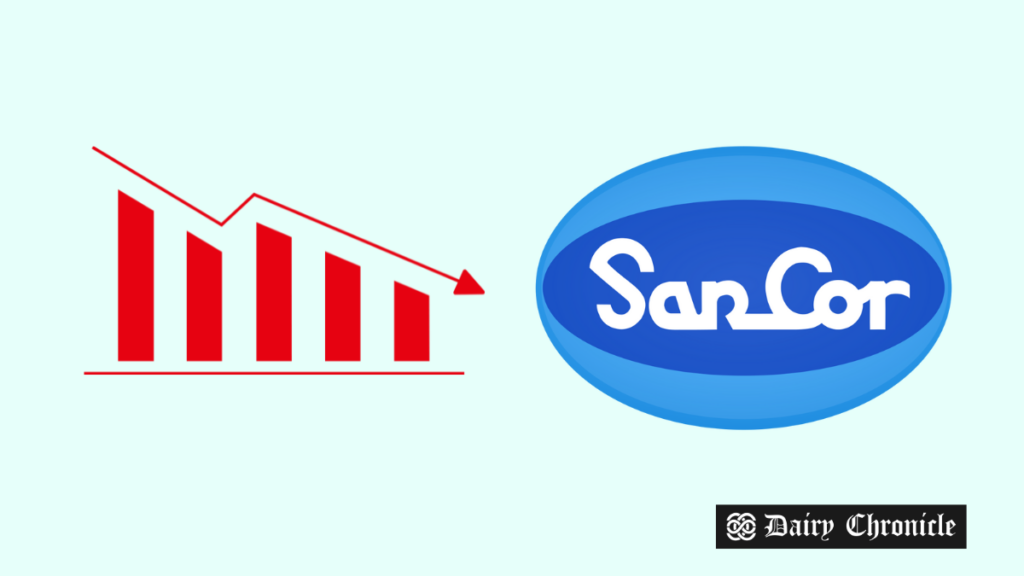SanCor, a leading dairy cooperative in Argentina, faces financial ruin due to debt, mismanagement, and failed partnerships. Its struggles have had widespread impacts on Argentina’s dairy industry and its workforce.
SanCor, a cooperative that has stood as one of Argentina’s most influential dairy giants for nearly eight decades, is now facing the brink of collapse. The cooperative, once a pillar of the country’s dairy industry, is currently struggling under a staggering debt of nearly $400 million, massive layoffs, and a financial strategy that has only accelerated its decline.
SanCor, founded in 1938, was a leader in Argentina’s dairy production and distribution. However, its troubles can be traced back to a key moment in 2006 when it failed to secure a deal with Adecoagro, a company backed by billionaire George Soros. Instead, SanCor opted for financing from Venezuela’s Banco de Desarrollo Económico y Social (Bandes), which eventually resulted in disastrous consequences, including delayed payments and high-interest loans. This move is now seen as a turning point that led to the cooperative’s slow downfall.
As the 2010s unfolded, SanCor’s financial stability weakened further. In a desperate attempt to avoid complete collapse, the cooperative recently filed for creditor protection. This has been followed by mass layoffs, including 300 employees this year alone, leading to protests by former workers at its distribution center on the Pan-American Highway. Many of these dismissed employees have claimed that SanCor’s management is attempting to replace them with union-affiliated workers, exacerbating tensions within the company. Those still on payroll have gone without wages for months, further fueling employee unrest.
The struggles faced by SanCor reflect broader issues within Argentina’s dairy sector, including inflation, fluctuating milk prices, and inconsistent government policies. The pricing model has long been unbalanced, with farmers selling milk for 450 pesos per liter while consumers pay three times that amount at retail. As a result, many suppliers have lost trust in SanCor, which now handles over a million liters of milk daily.
SanCor’s attempts to raise funds have included the sale of valuable assets, such as its infant formula division and several processing plants, totaling $384 million. However, these efforts have done little to address the cooperative’s mounting financial obligations. Now, SanCor is seeking new investors, but its history of financial mismanagement and political entanglements make it a difficult prospect for serious buyers.
Despite the efforts to survive, many analysts believe that SanCor’s recovery is unlikely. The company’s repeated missteps, coupled with political interference, have left it in a precarious position. If further asset liquidation occurs, it could mark the end of what was once one of Argentina’s most formidable agricultural entities.
As Argentina’s dairy sector grapples with uncertainty, SanCor’s fall serves as a cautionary tale about the dangers of poor financial management, political interference, and a lack of strategic foresight. The next few months will be critical in determining whether the cooperative can salvage its operations or whether its decline is irreversible. For the thousands of workers, farmers, and suppliers who relied on SanCor, the future is uncertain.
